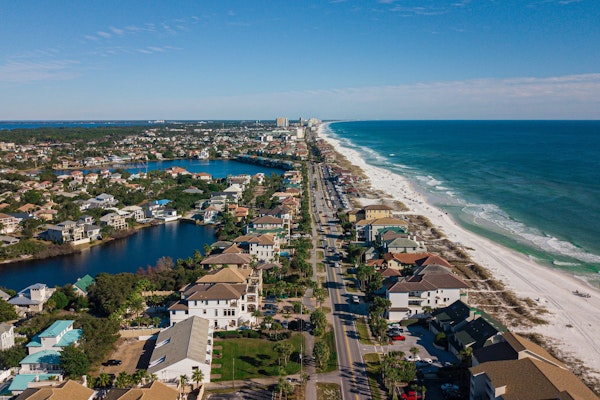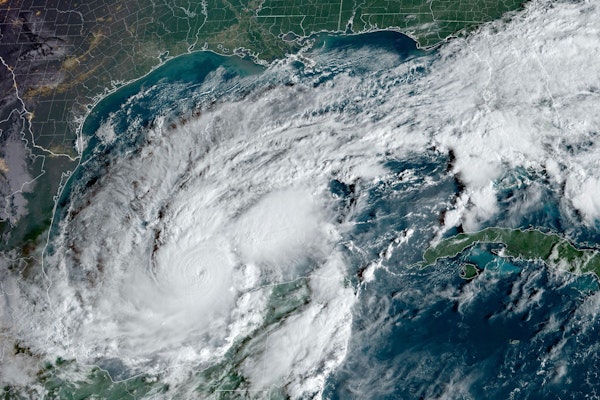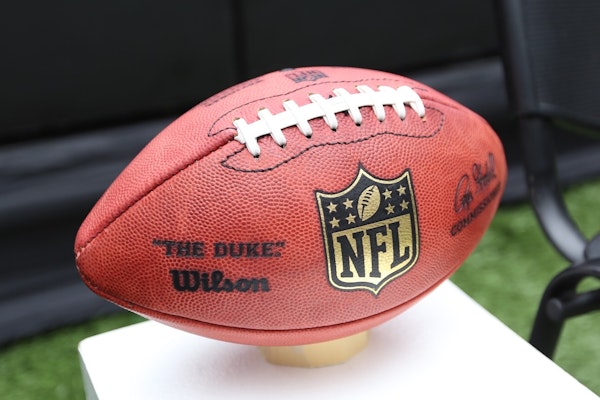
Claims Processing Leads Insurance AI Adoption, Underwriting Lags Behind
A new report by Sollers Consulting finds that while artificial intelligence (AI) is becoming standard in claims processing, wide disparities exist in how insurance companies govern and scale these innovations.
October 20
Insurance Industry
Legislation & Regulation
Technology
Underwriting

Cyber Insurers Confront Rising CIPA Litigation Over Web Tracking Tools
A California privacy law from 1967 is at the heart of a new wave of cyber lawsuits targeting businesses nationwide over common web tracking tools.
October 20
Legislation & Regulation
Litigation
California
Illinois

Liberty Mutual Sued for Failing to Defend Manufacturer in Property Damage Cases
Spears Manufacturing claims Liberty Mutual ignored defense duties in two major construction defect lawsuits, raising concerns about insurer obligations in property damage cases.
October 20
Insurance Industry
Legislation & Regulation
Liability
Property
Risk Management
California
Colorado
Louisiana

Developing System in Caribbean Could Become Tropical Storm Melissa
Forecasters give the system an 80% chance of formation this week as it moves toward the Greater Antilles. No immediate Gulf Coast threat.
October 20
Catastrophe
Insurance Industry
Marine
Property
Risk Management

Brazilian Porsche Owner Caught in Alleged Self-Arson Insurance Fraud Scheme
Security footage debunks a Porsche owner’s claim of kidnapping and reveals a suspected case of self-arson tied to unpaid vehicle taxes.
October 20
Auto
Fraud
Insurance Industry

California Sues Plastic Bag Makers Over False Recycling Claims
The state of California alleges major plastic bag manufacturers falsely labeled their products as recyclable, triggering lawsuits and multimillion-dollar settlements.
October 20
Insurance Industry
Legislation & Regulation
Liability
Risk Management
California

Why Stop-Loss Insurance Alone Won’t Control Catastrophic Claim Costs
As catastrophic medical claims rise, brokers must match stop-loss with aggressive claim management to protect self-funded plans.
October 20
Catastrophe
Insurance Industry
Life & Health

Climate-Driven Power Outages Projected to Surge for Vulnerable Coastal Communities
Projected cyclone-driven blackouts along the Gulf and Atlantic coasts could double by century’s end, with Hispanic and low-income communities facing the brunt of the impact.
October 17
Catastrophe
Property

McBee Dynasty Patriarch Sentenced 24 Months, Owes $4M in Crop Insurance Fraud
After pleading guilty in November 2024, McBee must serve 2 years in prison and repay $4,022,124 in restitution under a federal crop insurance fraud case.
October 17
Fraud
Insurance Industry
Legislation & Regulation

AI-Powered Home ‘Digital Twins’ Aim to Revolutionize High-Risk Property Insurance
An MGA startup uses AI simulations to model catastrophe risks at the property level, targeting homes insurers often avoid. But what does it mean for claims handling?
October 17
Catastrophe
Property
Risk Management
Technology
California
Florida

Balancing AI Growth and Cybersecurity Risk in 2026 Insurance Planning
AI integration and cybersecurity threats both demand attention as carriers enter a critical planning phase. Striking the right balance is now a strategic imperative.
October 17
Insurance Industry
Technology

USAA Faces $15M Final Judgment in Katrina Bad-Faith Case After Mississippi High Court Refuses Rehearing
The Mississippi Supreme Court has closed the door on an 18-year dispute, upholding nearly $15M in penalties against USAA for bad-faith claim handling after Hurricane Katrina.
October 16
Catastrophe
Legislation & Regulation
Litigation
Property
Mississippi

AI Uncertainty in Insurance: Coverage Gaps, Casualty Risks, and E&S Innovations
AI-native businesses push insurers to rethink liability forms and create new facilities as casualty risks evolve. Judgment and human expertise remain critical amid tech disruption.
October 16
Excess & Surplus Lines
Insurance Industry
Risk Management
Technology
California

Western Caribbean Faces Heightened Hurricane Risk Through Late October
CSU researchers forecast above-normal Atlantic hurricane activity for mid to late October, with a focus on the western Caribbean.
October 16
Catastrophe
Property
Risk Management
Alabama
Florida
Louisiana
Mississippi
Texas

California Court Rules NFL Team Exempt from Workers’ Comp Claim by Retired Player
A retired NFL player’s claim for cumulative injury is denied under California’s tightened workers’ comp rules for out-of-state athletes, highlighting key jurisdictional limits.
October 15
Legislation & Regulation
Liability
Workers' Compensation
California
Georgia





